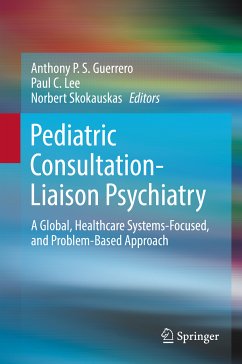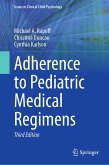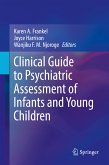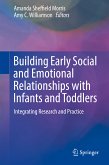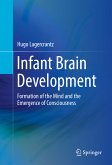This ambitious resource presents an inventive approach to integrating pediatric and mental health care based in comprehensive, family-centered service delivery. Its framework adds a problem-solving focus to the core principles of pediatric consultation-liaison psychiatry, emphasizing young patients' developmental, family, and social context. An international panel of expert clinicians explores the value of the mental health component in treating complex and chronic cases across varied settings, as well as practical considerations in implementing collaborative pediatric care systemwide, including at the global level. Detailed case histories illustrate skills and traits essential to making this problem-based approach work, such as multidimensional thinking, a prevention mentality, a dedication to lifelong learning, and empathy and respect for young clients and their families.
Included in the coverage:
· Pediatric medicine for the child psychiatrist.
· Safety issues in a general medical facility setting.
· "Other medical" presentations and considerations in pediatric consultation-liaison psychiatry.
· Principles of biopsychosocial formulation and interventions in the pediatric medical setting.
· Preventive models for reducing major causes of morbidity and mortality in childhood.
Child and adolescent psychiatrists, child and school psychologists, and physicians in pediatrics, general practice, and family medicine will welcome Pediatric Consultation-Liaison Psychiatry as both a robust training text and a blueprint for the future of children's medicine.
Dieser Download kann aus rechtlichen Gründen nur mit Rechnungsadresse in A, B, BG, CY, CZ, D, DK, EW, E, FIN, F, GR, HR, H, IRL, I, LT, L, LR, M, NL, PL, P, R, S, SLO, SK ausgeliefert werden.

